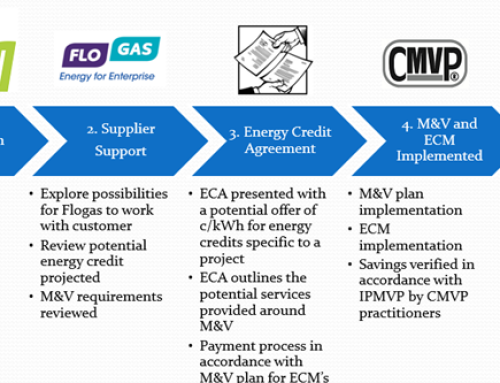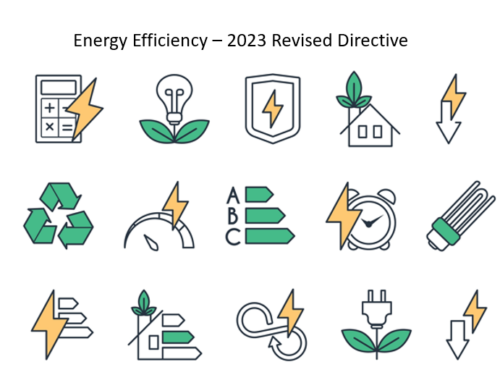ESG (Environmental, Social, and Governance) reporting has become increasingly common as a means of assessing an organisation’s sustainability and social impact.
The new European ESG directive
From 2024, the reporting on ESG by large and other listed companies will become mandatory under the new EU Corporate Sustainability Reporting directive.
Here, we focus on the importance of the “E” in ESG and outline why it is fundamental to an organisation’s overall sustainability efforts.
ESG Reporting: evaluating and addressing factors
Environmental factors in ESG include an organisation’s impact on the natural environment. This includes assessing the organisation’s carbon emissions, energy consumption, waste management, water usage, biodiversity preservation, and adherence to environmental regulations. Evaluating and addressing these factors are vital for sustainable business practices.
Here are several key reasons why environmental factors are crucial in ESG reporting:
Climate Change
Addressing climate change is a pressing global challenge. We all must take responsibility for their carbon emissions and actively work towards reducing their environmental impact. Transitioning to cleaner energy sources, implementing energy-efficient practices, and adopting sustainable production methods are vital steps towards mitigating climate change.
Resource Conservation
Environmental factors encompass efficient resource utilisation, such as minimising food waste, water consumption, and adopting circular economy principles. By implementing resource conservation measures, organisations can reduce their ecological footprint, optimise operational costs, and contribute to the preservation of natural resources for future generations.
Environmental Consciousness
Organisations that prioritise environmental sustainability demonstrate their commitment to being responsible businesses of the planet. This includes preserving biodiversity, protecting ecosystems, and minimising pollution. Such initiatives not only benefit the environment but also enhance the organisation’s reputation and attract environmentally conscious stakeholders.
ESG Reporting and Regulatory Compliance
Environmental regulations are becoming increasingly stringent worldwide. Organisations that fail to comply with these regulations face legal and reputational risks. By incorporating environmental factors into their ESG strategies, organisations can proactively ensure compliance, avoid penalties, and maintain a positive relationship with regulatory authorities.
Achieving Environmental Excellence
To effectively address environmental factors within an ESG framework, organisations can undertake several measures:
- Setting Clear Environmental Goals: Establishing ambitious and measurable environmental targets helps guide an organisation’s sustainability efforts. These goals should encompass reducing emissions, improving resource efficiency, and enhancing environmental performance indicators relevant to the organisation’s industry.
- Embracing Renewable Energy: Transitioning to renewable energy sources is a significant step towards reducing carbon emissions and fostering environmental sustainability. Organisations can explore options such as solar, wind, or geothermal energy to power their operations.
- Implementing Environmental Management Systems: Adopting environmental management systems, such as ISO 50001, enables organisations to identify and manage environmental risks, track progress towards environmental goals, and ensure compliance with applicable regulations.
- Stakeholder Engagement: Engaging stakeholders, including employees, customers, investors, and communities, in environmental initiatives fosters a sense of shared responsibility. Organisations can actively seek feedback, involve stakeholders in decision-making processes, and communicate their environmental efforts transparently.
In conclusion, the “E” in ESG is fundamental when evaluating an organisation’s sustainability and social impact. Environmental factors play a critical role in shaping an organisation’s long-term success, reputation, and overall contribution to a sustainable future.
By addressing environmental challenges, setting clear goals, embracing renewable energy, and engaging stakeholders, organisations can demonstrate their commitment to environmental consciousness while reaping the benefits of increased value and positive societal impact.
Find out more about our commercial sustainability services and how Flogas Enterprise can help your organisation meet it’s ESG requirements.















